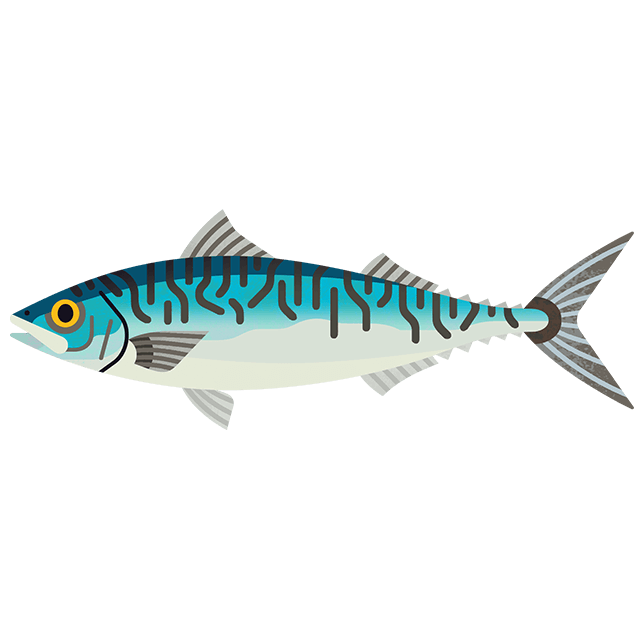
Is Scottish farmed salmon sustainable?
Why does the salmon farming industry in Scotland, as currently operated, pose serious environmental concerns?
The Marine Conservation Society has, in the past, submitted evidence to the Scottish Parliament review, where we explain why we believe it is irresponsible to grow a data poor industry and advise them on how to proceed.
These are some of the problems and solutions we’ve identified and what you can do to help.

Credit: Ekaterina Pokrovsky via Shutterstock
Too much sea lice
One of our main concerns is that unacceptable sea lice numbers have been reported in Scottish salmon farms. High sea lice numbers mean that chemical treatments have to be used to get rid of them.
On one hand, this continued chemical use means sea lice are becoming increasingly resistant to treatments. On the other, scientists don’t fully understand the wider environmental impacts of their use on the marine environment.
The problem doesn’t stop there. As farms use bigger and bigger pens containing more and more fish, greater numbers of sea lice are found per pen. This in turn can form a reservoir of sea lice in surrounding waters and infect the wild salmon and trout swimming by.
Escaped farmed salmon
In 2016, over 300,000 fish escaped from Scottish seawater salmon farms, a figure likely to increase if the industry expands and nothing further is done to prevent it. Some of these escaped farmed salmon could interact with wild salmon populations, leading to interbreeding and genetic changes which in turn makes the next generation less able to survive.
The unknown impact of multiple farms
Currently there are no assessments for the cumulative impacts of multiple farms in a single area. This is worrying, because without evaluating and understanding impacts of multiple farms in a water body we cannot work out what the overall impacts will be.
Until we do, the Marine Conservation Society believes that the industry shouldn’t be considering any further expansion of Scottish salmon farming.
The Marine Conservation Society is also concerned about the lack of knowledge of salmon farming impacts inside and outside Marine Protected Areas and on Priority Marine Features (marine nature conservation priorities, such as maerl and horse mussel beds) since there are 103 active farming sites known within MPAs.
Solutions to fish health and environmental challenges
In our submission we’ve outlined a range of solutions: from evaluating the environmental and fish health impacts of moving into larger net pens to better monitoring, data collection and usage.
Salmon farming and Brexit
The EU market is very important to Scottish farmed salmon. We are concerned that by leaving the EU, the UK may no longer have membership of the EU Aquaculture Advisory Council, where decisions and advice are discussed on important matters such as feed sustainability, fish welfare and defining sustainable aquaculture. As the UK exports a lot of salmon to the EU, it’s important to have shared understandings and an aligned approach to responsible aquaculture.
Furthermore, the Marine Conservation Society is concerned that the UK may no longer have access to the European Maritime and Fisheries Fund, of which Scotland receives 46% of the UK share. This funding is essential to support and encourage innovation to overcome environmental challenges.
The future of salmon farming in Scotland
Worryingly, many of the environmental concerns in this 2018 review are the same as flagged back in the last review of 2002 but the scale of the industry and therefore impacts are now much bigger. During this period the industry has continued growing despite a lack of comprehensive understanding of its environmental performance.
The Marine Conservation believes that before further growth can be considered, more research is needed to ensure the environment is fully safeguarded. Any further expansion of the industry as it stands will be unsustainable and may cause irrecoverable damage to the environment.
What can I do to help?
You can play a key role in securing the future of our seas and marine wildlife by making more environmentally responsible choices when buying seafood.
Organically farmed Atlantic salmon or certified wild Pacific salmon (usually tinned) are the best choices. Avoid eating all wild-caught Atlantic salmon unless you know it is from a river where the stock is healthy.
When in doubt, check our Good Fish Guide and reduce your impact - every purchase matters!
Read our full submission here (pdf).
Read all submissions received on the Salmon Farming in Scotland Inquiry.


